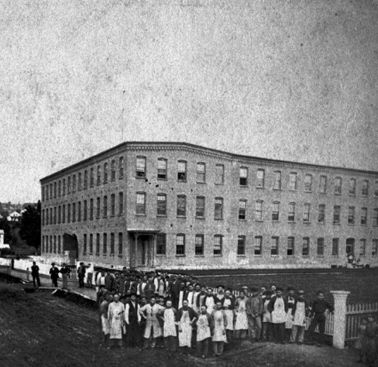Booklist;4/15/2013, Vol. 109 Issue 16, p30
Shepard’s (The Bad Boy’s Wife, 2004) latest offering is an elucidating historical novel peopled with a cast of emotionally fragile, intertwined characters. Calvin Sampson is a real-life shoe manufacturer in North Adams, Massachusetts, who, in 1870, struggles with the unionizing of his workers and replaces them with 75 Chinese laborers, the Celestials, who he recruits from California. Most are under 20 years old, and only the foreman speaks English, so Calvin’s wife, Julia, organizes the townswomen to teach them their new language. Julia, who has survived 13 miscarriages, is joined by, among others, young Lucy, a rape victim who sees the endeavor as a way of moving on with her life; and her friend Ida, who has been assisting Lucy in her recovery. Shepard sprinkles her story with authentic period details and adroitly explores the many ways this “Chinese experiment” affects the small Massachusetts town. When Julia mysteriously disappears for seven months, and returns carrying a mixed-race child, the novel takes on a dimension of suspense. The Celestials is a mesmerizing exploration of one intriguing period in American history and the heart-wrenching consequences of actions perhaps taken too lightly.
— Deborah Donovan

